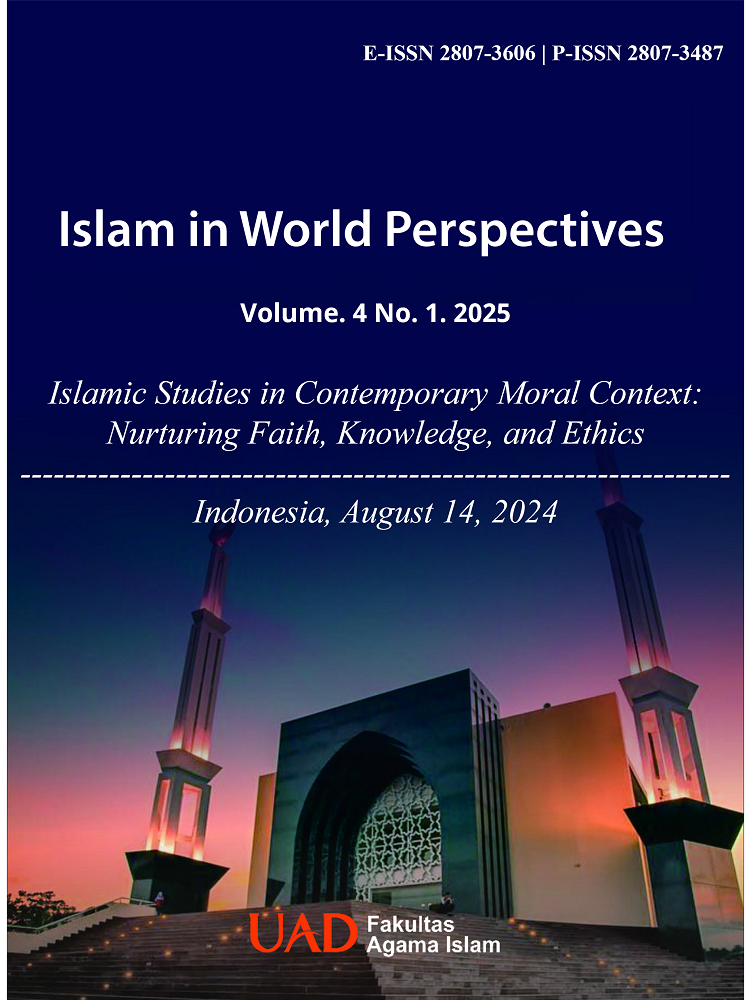Muslimah thrift clothing and the Islamic circular economy: Exploring the sustainable potential of thifting from an Islamic economy perspective
Abstract
Buying and selling used clothing the perspective of Islamic economics that the potential of buying and selling thrifting clothes or used clothing is a process or reprocessing of thrift clothing that has been used before either by changing its function or recycling it into new products that are more valuable to create unique products and trends in clothing that have been recommended in the perspective of Islamic economics and can also be resold at a more affordable price, but only goods that have quality and are suitable for use again, buying and selling used clothing or transaction activities carried out must be by the principles of Islamic economics, such as tawhid, morals, justice, balance, and freedom. The method used is a qualitative approach with a type of case study research by describing how this research analyzes the mechanism of buying and selling used clothing (thrift) from an Islamic economic perspective and can also explore the potential sustainability of thrifting in an Islamic economic perspective and can be done by visiting research subjects. Production activities in the Islamic perspective as a means to achieve the goals of life as outlined in Islam, namely the happiness of the world and the hereafter. This research aims to explore the potential sustainability of thrifting from the perspective of Islamic economics.
Downloads
Published
Issue
Section
License
Copyright (c) 2024 Inda Dwi Kartika Inda, Hilma Fanniar Rohman

This work is licensed under a Creative Commons Attribution-ShareAlike 4.0 International License.
Authors who publish with Islam in world perspectives agree to the following terms:
- Authors retain copyright and grant the journal right of first publication with the work simultaneously licensed under a Creative Commons Attribution License (CC BY-SA 4.0) that allows others to share the work with an acknowledgment of the work's authorship and initial publication in this journal.
- Authors are able to enter into separate, additional contractual arrangements for the non-exclusive distribution of the journal's published version of the work (e.g., post it to an institutional repository or publish it in a book), with an acknowledgment of its initial publication in this journal.
- Authors are permitted and encouraged to post their work online (e.g., in institutional repositories or on their website) prior to and during the submission process, as it can lead to productive exchanges, as well as earlier and greater citation of published work.

This work is licensed under a Creative Commons Attribution-ShareAlike 4.0 International License.



